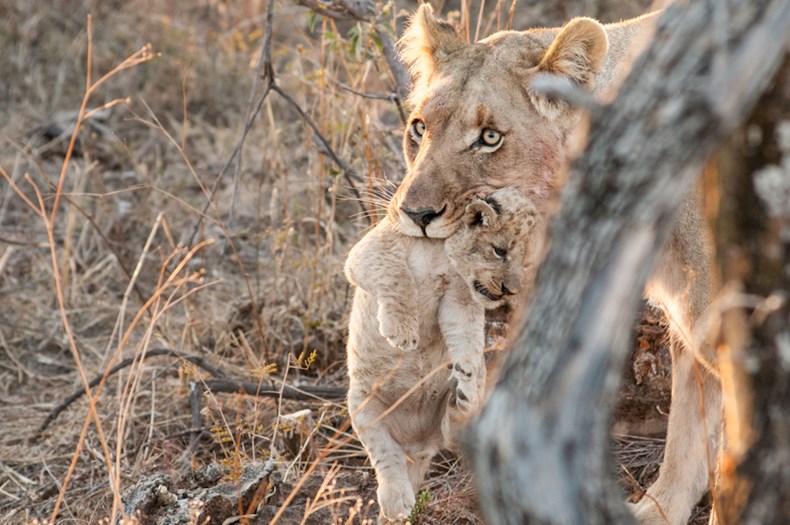Samara Private Game Reserves welcomes first lion cubs

Just one year after welcoming its founder pride of lions, Samara Private Game Reserve is celebrating the birth of its first litter of cubs. Born to the first wild lion and lioness to roam the Plains of Camdeboo near Graaff-Reinet in over 180 years, these cubs represent a victory for wild lion conservation.
“We are ecstatic about this birth,” says Sarah Tompkins, founder of Samara. “It’s a sign that our move to rewild the landscape to create the conditions for new lion populations has been successful.”
The birth of the lion cubs is significant for its contribution to wild lion conservation in a region from which lions had gone locally extinct. Lions have come under threat globally for a number of reasons.
“Lions are the sentinels of wildness in Africa, and the success of these apex predators in our protected areas is a key indicator of the effectiveness of conservation measures,” comments Professor Graham Kerley, Director of the Centre for African Conservation Ecology at Nelson Mandela University.
The latest additions to Samara’s lion population are thought to have been born in September, after a typical gestation period of 105-120 days. For the first few weeks of their lives, lion cubs remain hidden in dense vegetation to avoid detection by potential predators. In choosing to give birth on one of the reserve’s steep mountain slopes, their mother has given them the best chance of survival. She has periodically moved den sites across the escarpment, not far from her hunting grounds on Samara’s plateau grasslands, where large herds of black wildebeest and blesbuck abound.
The introduction of lion into Samara at the beginning of 2019 represents one of several initiatives by Samara to restore the Great Karoo’s rich biodiversity. Over the past 22 years, thousands of wild animals have been successfully reintroduced into the private reserve, the Eastern Cape’s largest, including antelope, zebra, buffalo, cheetah and more recently, elephant in 2017. Added to this, the Samara team has worked hard to improve vegetation communities by rehabilitating eroded land, planting Spekboom and managing water catchments in this semi-arid region.
